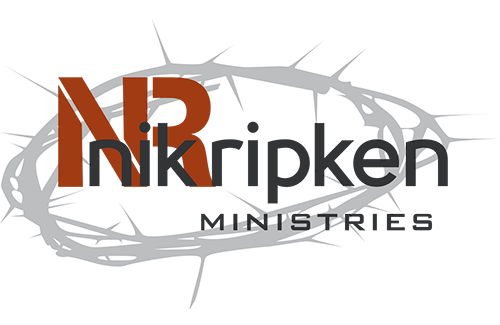Making Disciples of Oral Learners
Those without Jesus should not be forced to become literate in order to be welcomed into God’s kingdom.
What is 1 of the top 3 challenges in modern missions?
Out of the 2.8 billion people on the planet that don’t know Christ – most have not one verse of the Bible, and not one song about heaven in their language. More than 80% of them cannot read or write a word.
We are equipping you with just literate tools to be pastors and teachers. We’re not equipping you to go in to the marketplaces of life. I’m talking about understanding that the Bible is equally the Word of God in both its content and its context. Jesus filled His heart, His soul, His mind with the Word of God so that when He went to the marketplace, He did not have to take a written note with Him, and He could reproduce the Old Testament by memory. He could tell the stories of God.
When we say that 83% of those without Christ who are oral learners or those who are illiterate, we are NOT saying they are a bunch of dummies. Oral peoples only have to hear something one time to own it! Literate peoples have to hear it seven times.
More than 80% of the unreached people in the world are oral communicators. By definition, that means they cannot read or write at a functional level. These people live in oral cultures.
While believers around the world long for the written Word of God, in a church planting movement, there is little time for literacy training or translation of Scripture. The written Word and the ability to read it are of absolute importance, but while these goals are being sought (through Bible translation and literacy training), the stories of the Bible are communicated orally. Taking the time to translate Scripture or taking the time to provide literacy training is a luxury that these rapidly growing movements cannot afford. Those without Jesus should not be forced to become literate in order to be welcomed into God’s kingdom. The need to share the gospel is immediate, so it is shared in the only way that it can be shared: orally. The point must be repeated; a literate Bible is indispensable. Yet those carrying the gospel to the nations must not wait ten to twenty years for the first printed Bible in an unengaged and unreached environment before broadly sowing the Good News.
We found the church in China, in particular, hungry for the written Word of God; at the same time, the church in China was not paralyzed by the absence of the written Word of God. Earlier in their movements, copies of the Bible are extremely rare, but Bible stories were known and repeated and memorized. Waiting for ten years (or more) for an initial Bible translation is simply not an option. By its nature and by necessity, the incipient movement is oral.
In many of the people groups that are without Jesus, illiteracy can be as high as 45 percent for the men and 90 percent for the women! That’s a significant challenge in the modern missions movement.
How can you be equipped today? Model the method of Jesus. Commit the stories of the Bible to heart. Internalize the Word of God in such a way that you can share it with your kids, your family, and those around you, orally. What you practice today will create a culture of oral learning that equips us to more effectively go, send, and pray for the nations and the 2.8 billion people around the world with little to no access to Jesus.



